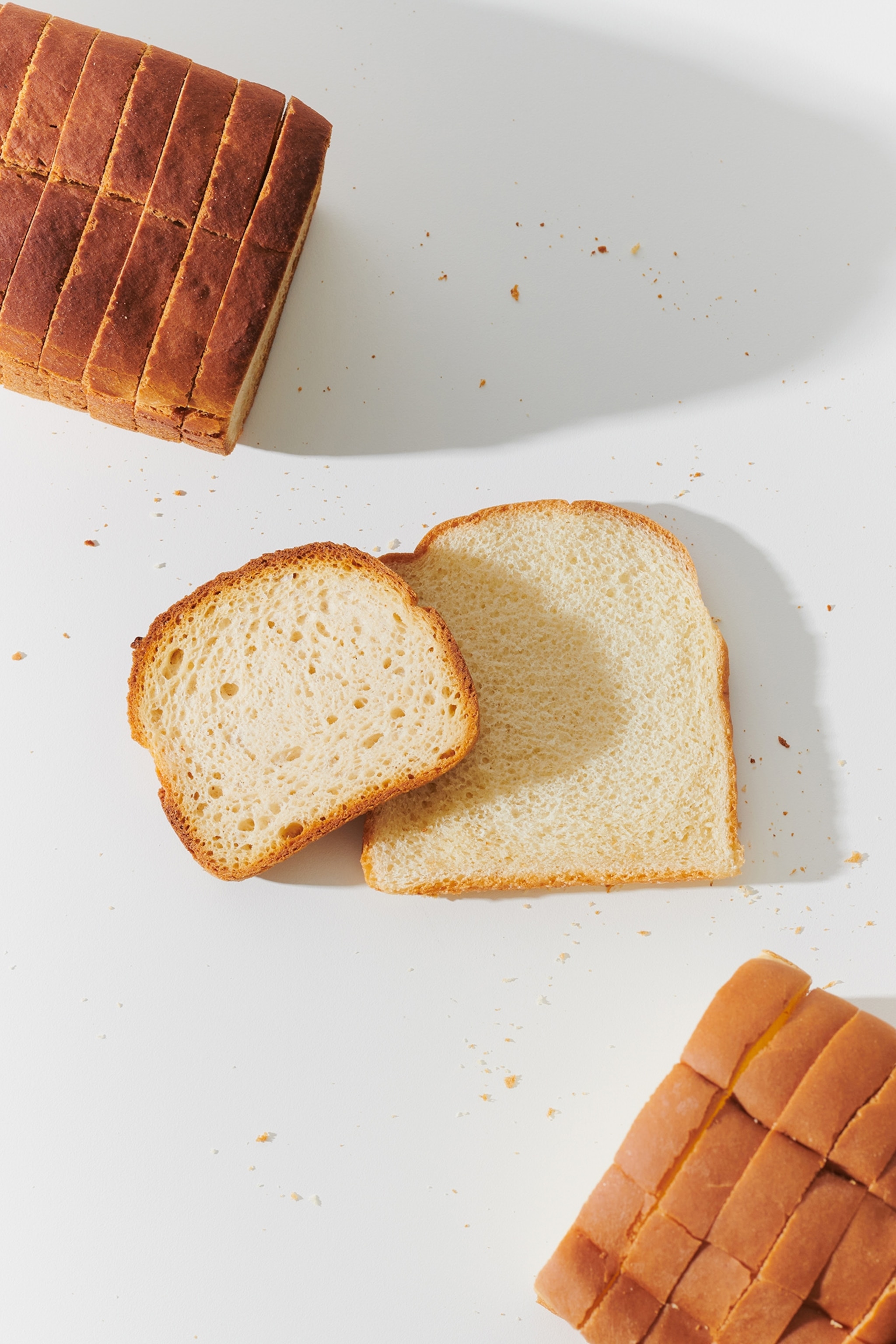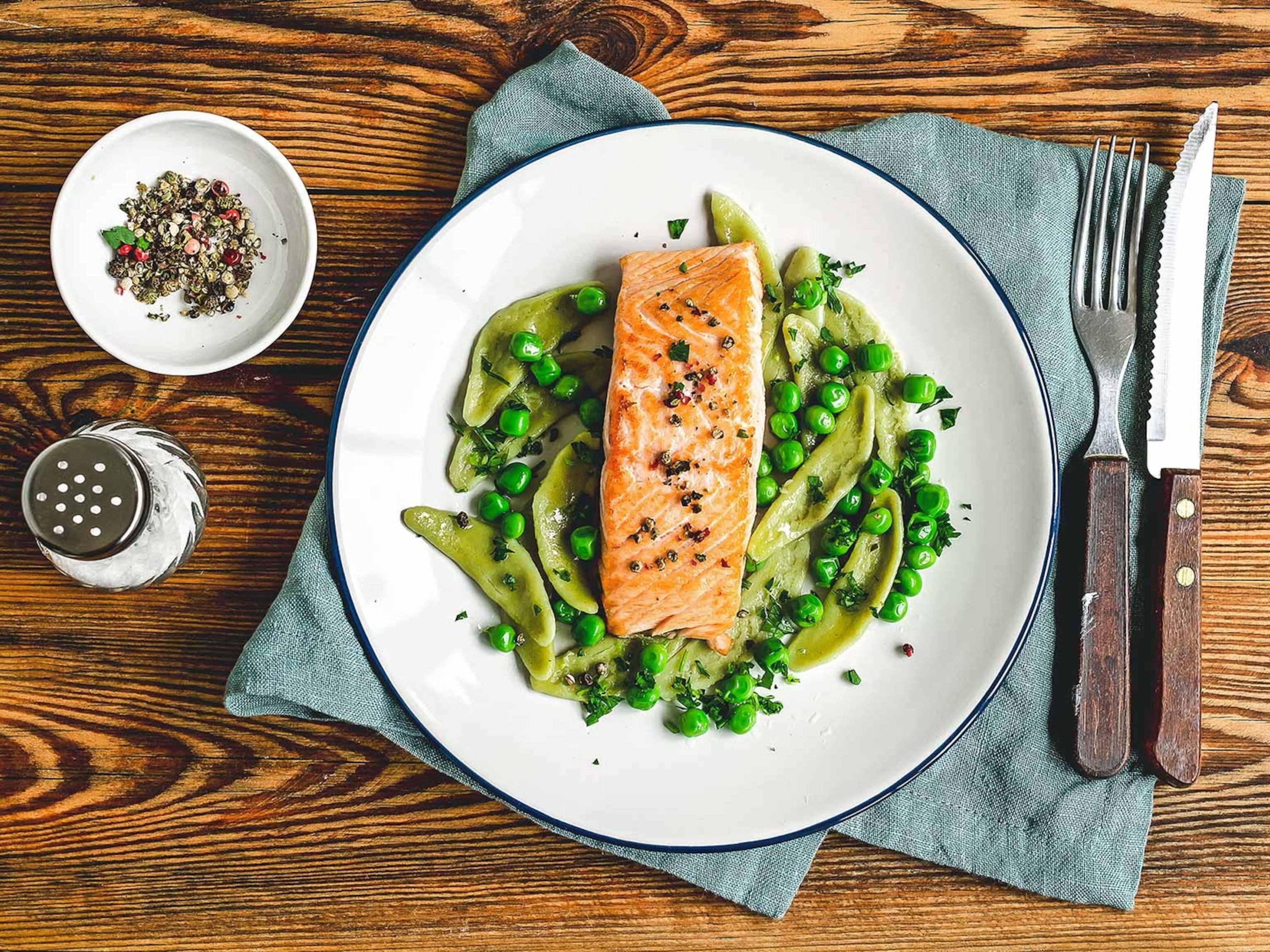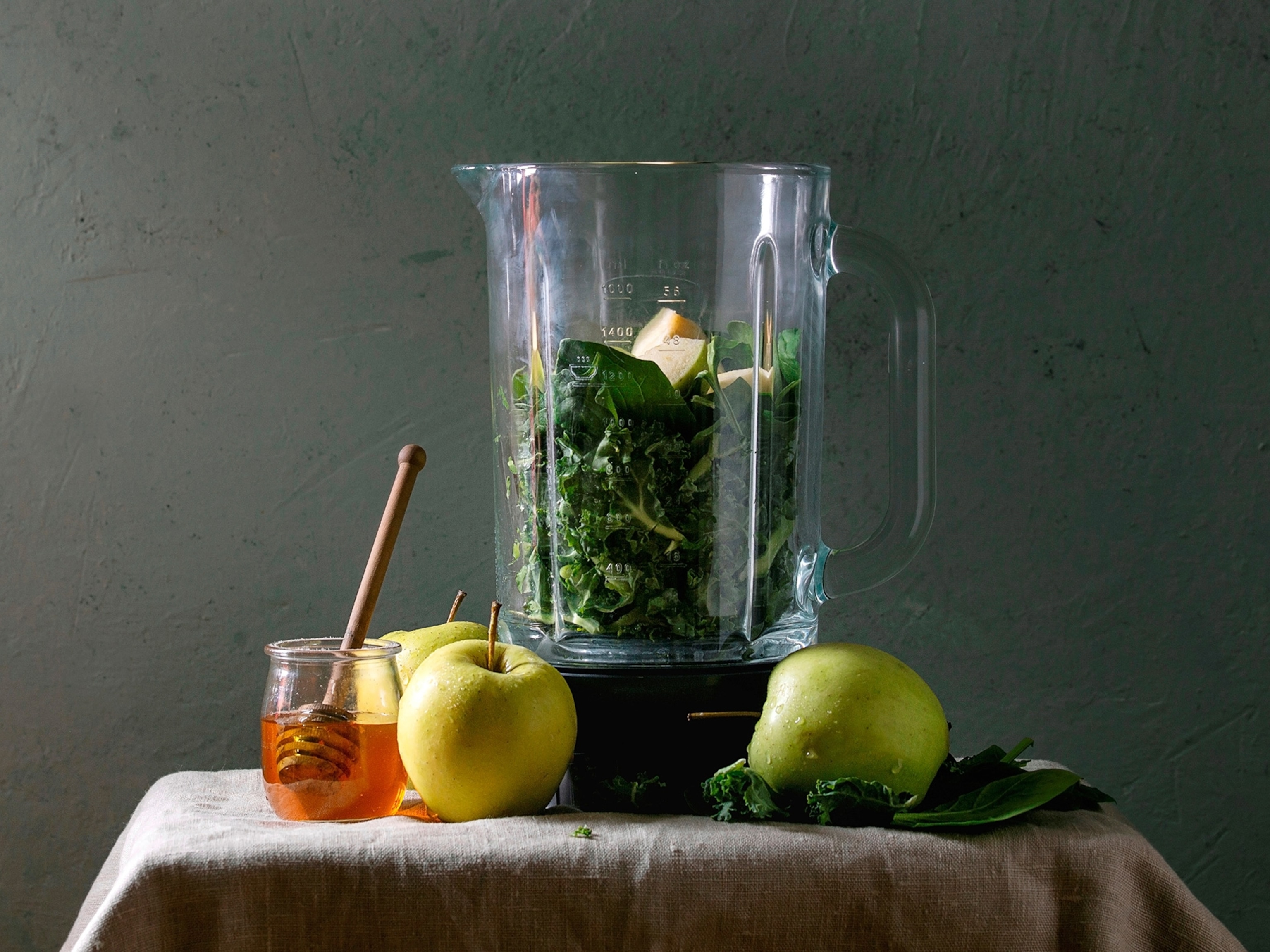Is gluten really that bad for you? Here’s what happens when you stop eating it
Only a small percentage of the population actually needs to avoid gluten, yet millions have jumped on the trend. Here’s what science says about the risks and benefits of going gluten-free.

Gluten-free eating has skyrocketed in popularity over the past decade, fueled by claims that cutting gluten leads to better health. This trend shows no signs of slowing down, with the global market for gluten-free foods projected to be valued at $14 billion by 2032.
But is ditching gluten a good idea? While some people must cut it out for medical reasons, millions of others have embraced the diet without a clear need. Here’s what science says about gluten, why it’s become so controversial, and what happens to your body when you stop eating it.
What is gluten, and should you avoid it?
“Gluten is a protein found in wheat, rye, and barley,” says Melinda Dennis, a registered dietitian and nutrition coordinator at the Celiac Center at Beth Israel Deaconess Medical Center in Boston (BIDMC). “It acts as a binding agent in food, meaning it gives structure to bread and adds texture and taste.”
Despite its bad reputation, gluten isn’t inherently unhealthy. In fact, wheat—a key source of gluten—is full of good-for-you nutrients. “It’s packed with protein, fiber, iron, and vitamins,” says Dennis. “Whole wheat, in particular, can play a beneficial role in the heart-healthy diet.”
(Your body needs whole grains. Here’s how to find the most effective ones.)
For most people, there’s no scientific reason to cut out gluten, says Ciaran Kelly, a gastroenterologist and medical director of the Center for Nutritional Health at BIDMC. However, some people do need to avoid it.
“Patients with celiac disease, an autoimmune disorder, have developed an immune-mediated reaction to gluten,” says Kelly. “If they’re exposed to gluten in their diet, there’s injury and damage caused to the small intestine, so they’re the number one group of individuals who must be on an absolutely strict gluten-free diet.”
Others may have non-celiac gluten sensitivity (NCGS), a condition where people experience digestive discomfort from gluten but don’t have the intestinal damage associated with celiac disease, says Kelly. Meanwhile, individuals with a wheat allergy should avoid wheat but don’t necessarily need to eliminate all gluten-containing foods, says Kelly.
People with irritable bowel syndrome (IBS) may see improvements in their GI symptoms on a gluten-free diet, “although the improvement is usually partial and not complete,” says Kelly.
Why does gluten get such a bad rap?
Gluten-free labels didn’t appear on packaged foods in the U.S. until 2014, when the FDA began regulating them. Suddenly, products that never contained gluten—like bottled water or potato chips—began advertising their gluten-free status, reinforcing the idea that gluten was something to avoid.
“Personally and professionally, I think it’s a side effect of food marketing,” says Janelle Smith, registered dietitian at the UCLA Vatche and Tamar Manoukian Division of Digestive Diseases, who has celiac disease herself.
Unlike a “heart-healthy” label, gluten-free doesn’t mean healthier—it simply marks the absence of an allergen. Yet, brands expanded their market by making it seem beneficial for everyone, despite only one percent of the world’s population having celiac disease.
Media hype also played a role, says Dennis. “I’m not saying everyone who’s saying they’re gluten-free is wrong, but I think it got too much media attention and became a fad.”
A 2019 study found little evidence that gluten-free diets reduce inflammation associated with other autoimmune conditions, such as rheumatoid arthritis, or improve athletic performance.
The paper also notes many self-reported cases of gluten intolerance stem from fructans, fermentable carbohydrates found in wheat that some people struggle to digest, says Smith.
Additionally, gluten means carbs in some people’s minds, says Tricia Thompson, a dietitian and founder of Gluten-Free Watchdog. “If they want to lower their carbohydrate intake, they may think a gluten-free diet might be helpful.”
You may not realize that gluten is a protein found in some grains (wheat, barley, and rye), but not all grains. “There are plenty of carbohydrate-rich, gluten-free versions of bread, pasta, breakfast cereal, cakes, and cookies,” says Thompson.
Cutting out gluten? Here’s what you might be missing
Despite its health halo, a gluten-free diet isn’t necessarily better for you—and in many cases, it can be worse.
A 2023 review found gluten-free bread contains less protein and more fat than regular bread, while a 2024 study showed that gluten-free products are also higher in sugar and calories. A 2021 study noted many gluten-free products contain less fiber, less protein, and more saturated fat, carbs, and salt than their regular counterparts. Moreover, a 2015 study found gluten-free packaged foods (like bread, pasta, and flour mixes) had “no predominant health benefits.”
“Things are definitely improving, and companies are starting to use whole gluten-free and alternative grains in their products,” says Dennis. “But oftentimes, these products contain predominantly refined flours, tapioca starch, potato starch, maltodextrin, all of these fillers” to help preserve them and mimic the same mouthfeel as the gluten-filled versions.
(This type of carb is so good for your gut health.)
They also lack the fortified nutrients found in regular wheat products. “Any gluten-free bread or cereal is going to have much less iron and folate than what you’re used to in your usual diet,” says Smith. “A lot of people [who are gluten-free] do have deficiencies in iron and folate as a result.”
The Gluten Intolerance Group reports that people who follow a gluten-free diet often don’t get enough fiber due to the lack of this nutrient in gluten-free products. “Fiber is really for our gut health and our overall health,” says Smith.
The gluten-free diet isn’t a good weight loss diet, “particularly because gluten-free substitute processed foods tend to be high in fat and calories,” says Kelly. “It’s not unusual to see patients on the gluten-free diet who are gaining weight and not wanting to.”
(The Mediterranean diet has stood the test of time for a reason: It works.)
Dennis and Smith recommend blending the gluten-free diet with the Mediterranean diet for optimal health if you are gluten-free- for whatever reason. “I can’t think of any better plan that would be anti-inflammatory and antioxidant-rich,” says Dennis. “It’s high fiber, loaded with fruits and vegetables and good sources of protein, and has minimal sources of saturated fats.”
And if you suspect gluten is making you sick? See a doctor before cutting it out, says Kelly. Otherwise, you might eliminate the wrong thing—without reaping any real benefits.








